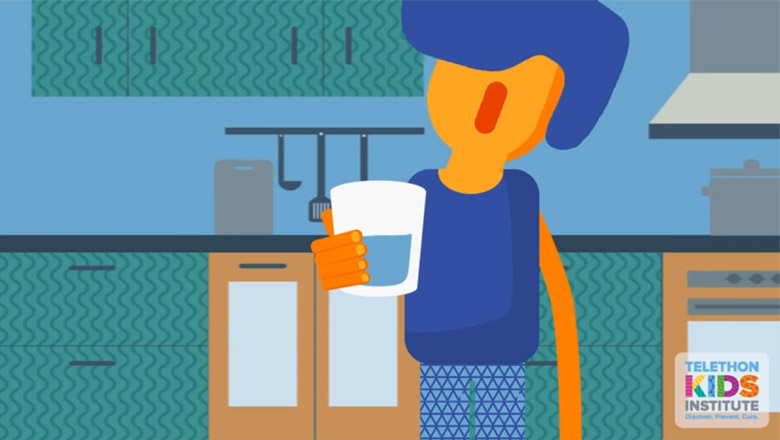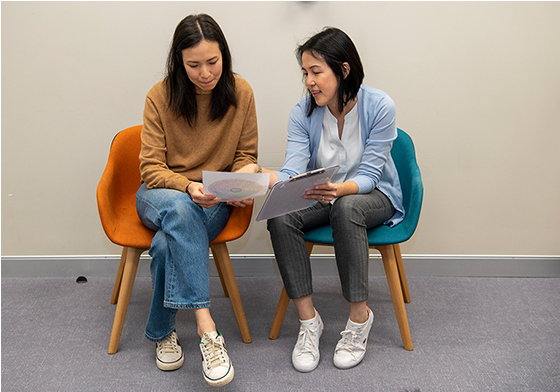Search

News & Events
Video: Why you're wasting your money on bottled waterThe Kids Research Institute Australia nutritionist Dr Roslyn Giglia says Australians are spending over $500 million a year on bottled water, when tap water is healthier.

Building leadership includes two modules you can access using the links below. What is leadership? Leadership is the ability to influence the way

Once we’ve explored what it looks like to be an effective cyber leader, we can then begin to think about the sort of impact we want to make. Without

The aim of every good leader is to make a positive change. It is often so easy to create lots of great ideas but how do we take that from a thought

News & Events
Annual CRE Investigators' Meeting draws researchers from around the worldBetween 3rd - 5th May 2018, researchers from Australia, New Zealand, South Africa, and the United States (representing their Uganda collaboration) convened in Fremantle, Western Australia to attend the Strep A Spectrum Meetings: from Science to Strategy.

News & Events
Margie's story: Parent to a child with ARFWhen Liana complained of a sore foot and showed signs of a fever, her mum Margie rushed her to hospital. An X-ray of her foot revealed no obvious injury, so she was sent home and advised to take painkillers.



Inklings is a program to support babies aged 6-18 months showing early differences in their social interaction and communication development.

Functional capacity assessments help families and the NDIS ensure that children receive the right level of support, resources, and funding to achieve their goals.
